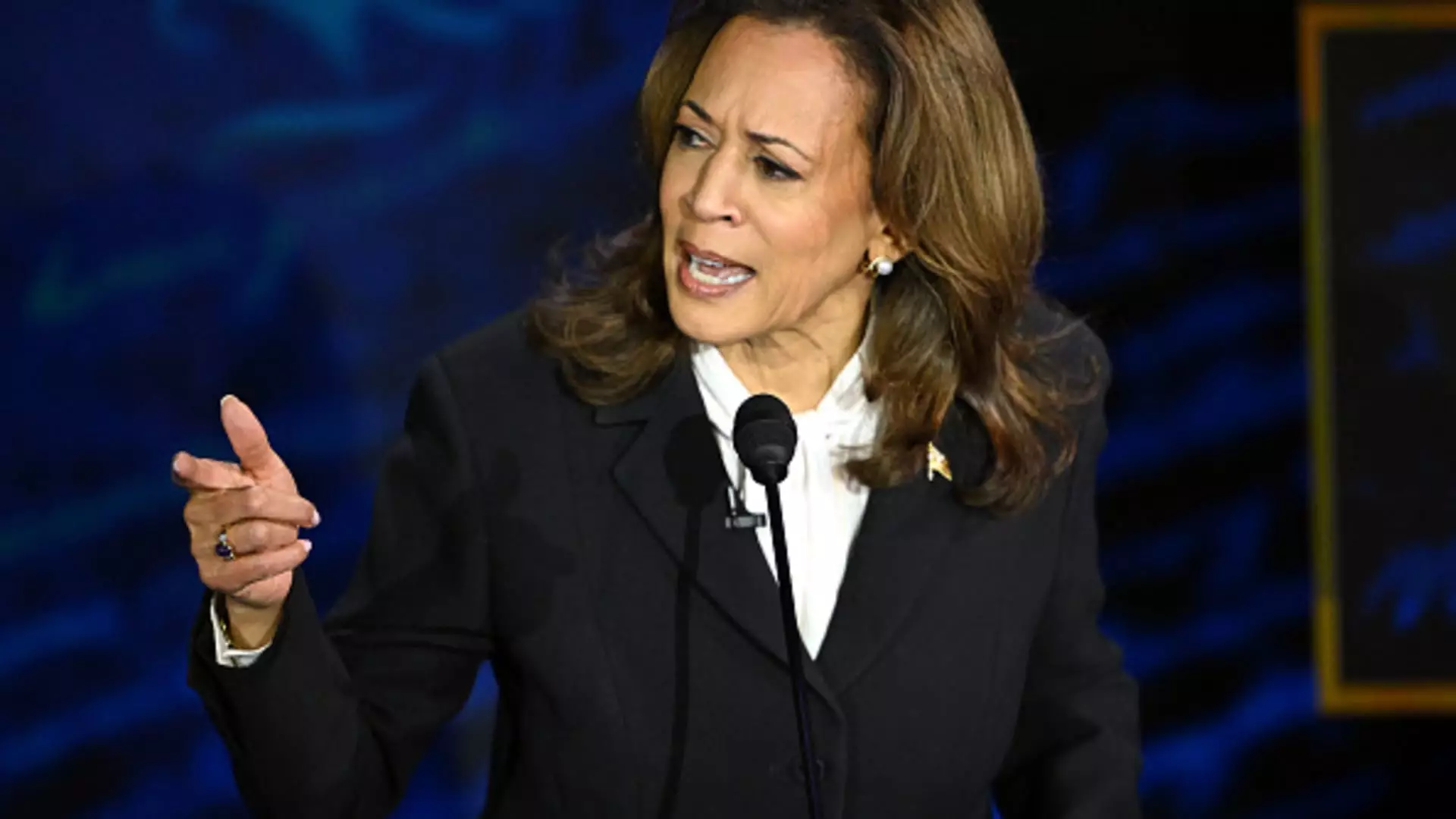During the recent presidential debate hosted by ABC News, Donald Trump made a bold defense of his aggressive tariff policies towards China. He stood by his decision to levy substantial tariffs ranging from 10% to 20% on Chinese imports, emphasizing that it was time for other countries to repay the United States for its contributions. Trump claimed that his administration had generated billions of dollars through these tariffs, implying a financial benefit for the country.
Harris Critiques Trump’s China Policy
In a contrasting perspective, Kamala Harris criticized Trump’s approach to China, suggesting that his administration had been ineffective in dealing with the country. She highlighted the trade deficit that occurred under Trump’s presidency and accused him of enabling trade wars through his policies. Harris also accused Trump of compromising national security by allegedly allowing the sale of American chips to China for military purposes.
One of the concerns raised during the debate was the potential impact of Trump’s tariff increases on consumer prices. While Trump downplayed these concerns by stating that higher prices would affect China and other countries benefiting from unfair trade practices, Harris expressed worries about the consequences for American consumers.
The clash between Trump and Harris reflects a fundamental difference in their approaches to China policy. Trump advocates for aggressive trade tariffs as a means of asserting American dominance and correcting trade imbalances, while Harris emphasizes the importance of strategic relationships with allies and investments in American technology to compete in the 21st-century economy.
Future Outlook on China Policy
Economists and policy experts anticipate that Trump’s China policy in a second term would continue to focus on heavy trade tariffs, potentially escalating tensions with the country. In contrast, Harris is expected to pursue a more targeted approach in collaboration with U.S. allies, aiming to address specific issues while maintaining diplomatic relations.
The clash between Donald Trump and Kamala Harris on China policy underscores contrasting visions for America’s economic and geopolitical interests. While Trump prioritizes aggressive tactics to protect American industries and assert dominance, Harris advocates for a more nuanced and collaborative approach that considers long-term strategic goals. The outcome of this debate will likely influence future U.S. relations with China and shape global economic dynamics.


Leave a Reply